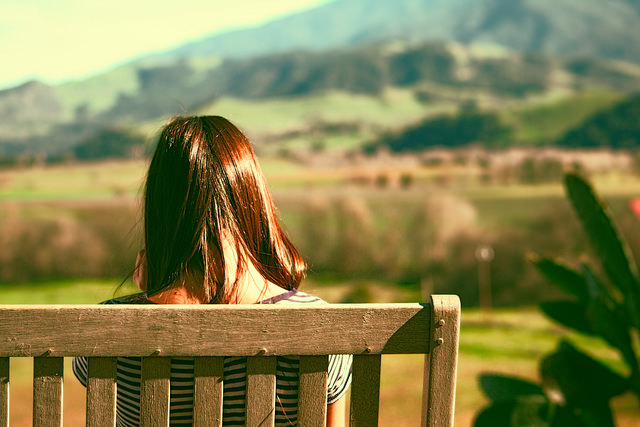Spring marked the sixteen-year anniversary of my brother’s death.
Sixteen years.
Will died when he was 21, and I was 24.
Death anniversaries are strange.
That first year, I dreaded the anniversary of Will’s death. It loomed over my entire family. It felt like we were hurtling towards his death all over again, but this time we knew it was coming. And we couldn’t do anything to stop it.
But when the day arrived, it was just another day. I cried no more or less than any other day. My heart felt no more or less broken. It was one more day without him, a day that just happened to mark a full shift of seasons without my brother. In those first years, every day was hard, and his anniversary was no different.
Since then, some anniversaries have flown by barely noticed, like the first one after my son was born, and I was so lost in his new flesh that there was no room for anything else. On other anniversaries, his death felt fresh and raw again, bringing me back to the metallic shock of first finding out. Each year surprises me, and I can never guess how I will feel in advance.
This year, it hit me unexpectedly hard. In the week leading up to it, I listened to the music Will and I used to love. Moody Seattle music, rain-slick 90’s music. I cried a lot. I felt old, capsized. It took me days to understand why I felt so lost. Why I sometimes felt surprised to look into the mirror and see a middle-aged mom instead of a burgundy-haired, cigarette-smoking twenty-something.
The reason was simple, yet devastating.
I was forgetting him.
My little brother, the co-keeper of my childhood. I could remember placing my palm on my mother’s stomach in a shadowy long-ago bedroom, feeling him move beneath her skin. But I couldn’t remember what we used to talk about, the exact sound of his laugh, or the shade of dark blond his hair had become.
I had to dig out old photos to recall the curves of his face. The photos were beginning to yellow, the colors dripping away.
“I’m forgetting him,” I said to my mom on the phone.
“I know,” she said. We both sat there in the thick, silent weight.
In those sixteen years, I’ve grown a life over my brother’s absence.
And this is what happens when grief begins to fade. The edges of the person who died slough away. The colors, sounds and smells shimmy and blur. And when the edges melt, we’re left with the essence of the person. They flow into our blood, weave their way into the strong, scarred muscles of our heart.
Or maybe they scatter like ashes, feather-light but clingy. To my son, who has my brother’s bright eyes, temper and love of music. Into my words, all these years later.
The arguments my brother and I had or the slope of his jaw—these barely hover at the edges of my mind.
This is what I remember:
He loved music. He had amazing blue eyes. He was both sensitive and raucous. He had a huge heart that he was sometimes afraid to show.
And he was only 21.
The more years I accumulate, the further away from him I get.
I’ll always miss him. I’ll always wish he was here with me, sharing this good, hard life. But the crispness of my grief, which allowed me to grasp onto him—it’s melted into something softer.
When he died, I felt so left behind.
Now, it feels like I am doing the leaving behind.
This is what happens when grief fades—the hurt eases, memories dissolve. We absorb some of their essence, and in that way, we carry our dead.
And we do exactly what they would want us to.
We go on.
Author: Lynn Shattuck
Editor: Renée Picard
Photo: David Michalczuk at Flickr
 Share on bsky
Share on bsky






Read 2 comments and reply